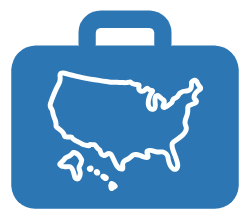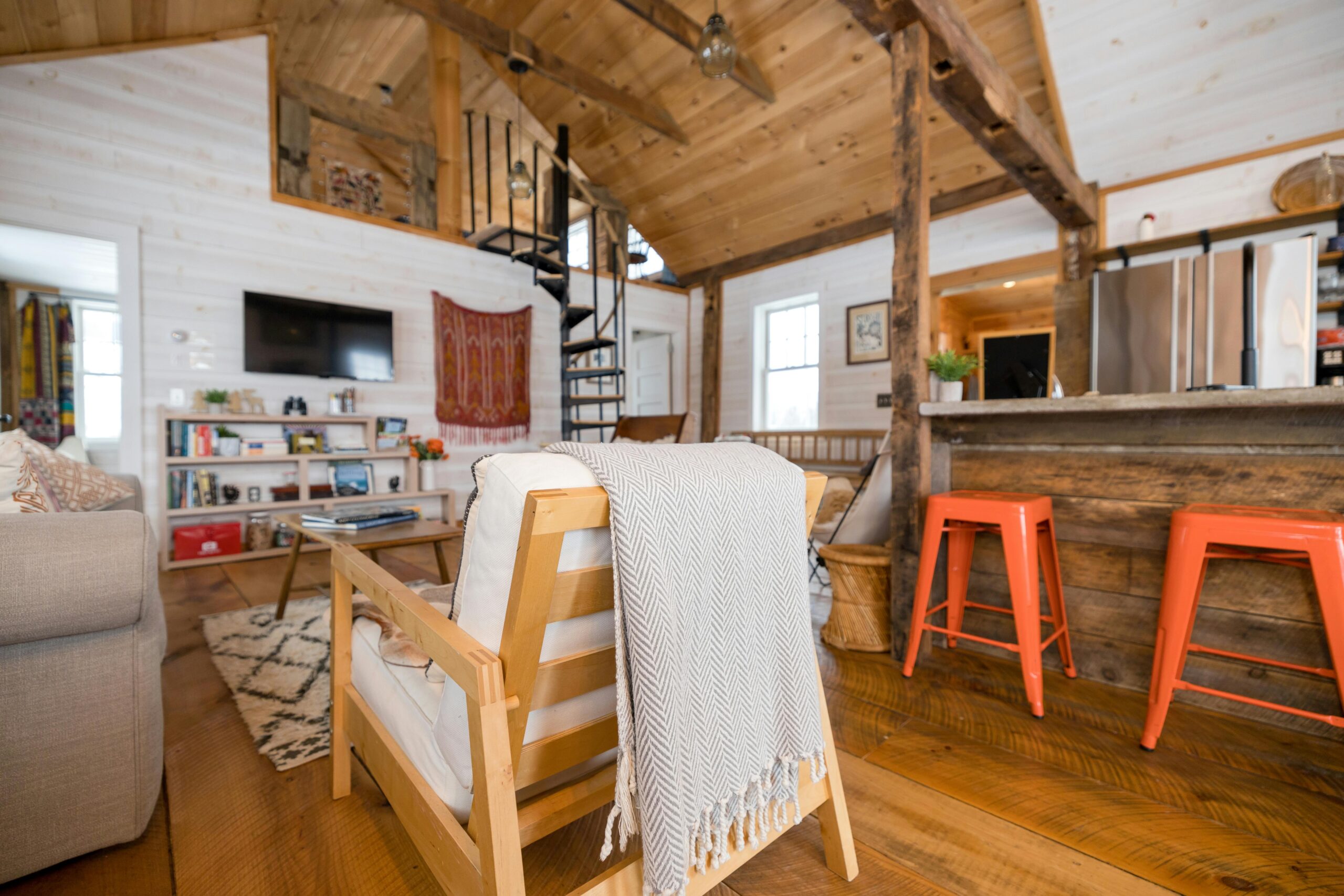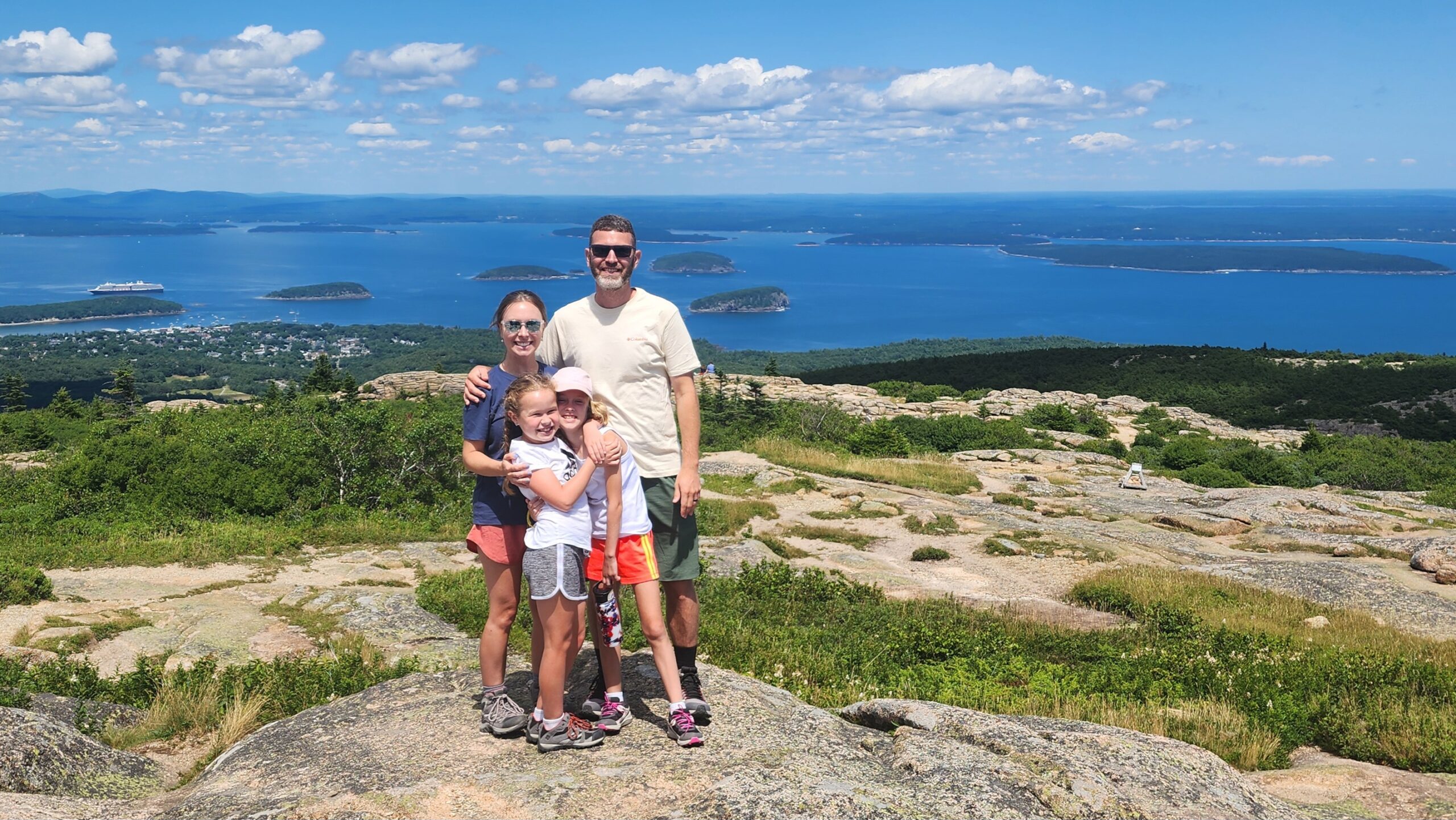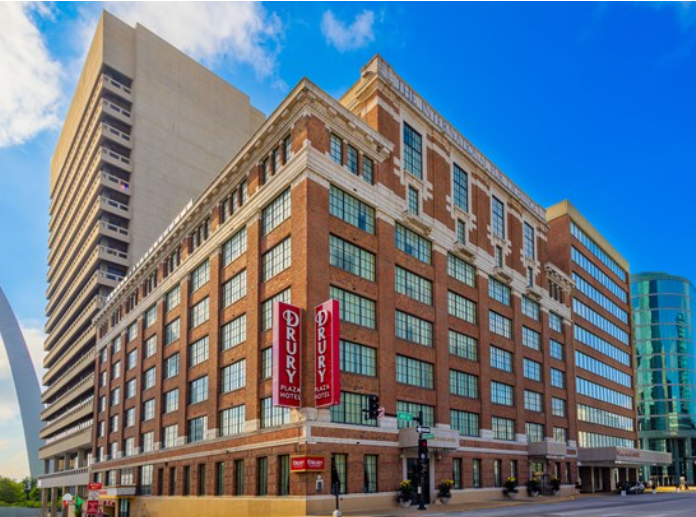The appeal of AirBnb continues to increase, especially for leisure travel. Our family uses AirBnb regularly for convenient, unique, and often more-cost effective stays. We love having a kitchen, extra space and appreciate the sense of home, cultivated by hosts. Personal touches like welcome gifts, local recommendations, kitchen essentials, toiletries and thoughtfully decorated spaces make for a memorable stay. Some of our favorite AirBnbs had us walking in to delicious treats, a selection of coffee and tea flavors, and a binder full of suggestions! To date, we’ve stayed at 30+ AirBnb properties and will continuing using the platform for future travels. As seasoned AirBnb’ers, we’ve gained experience in locking down ideal rentals. Here are some tips to help you book the ideal AirBnb!
1) Filter to Guest Favorites
Choosing an AirBnb that feels safe and comfortable for your getaway is a critical. There are literally millions of AirBnb listings and while most are reputable, with an average of 4.7 stars across all listings, it can be overwhelming . Filtering the top-tier stays to ‘Guest Favorites’ is the easiest way to ensure you are setting your crew up for a pleasant stay. Guest Favorites average 4.9 stars and have been identified as the most loved homes on the platform, consistently receiving high marks for cleanliness, communication, location, and value. And you can trust in the ongoing reliability of the Guest Favorites badge, as an algorithm runs daily searching for the most superior listings and automatically awarding the badge to the deserving. Couple the Guest Favorites badge with a Superhost status and you’ve found a winner. Superhosts have a proven track record for responsiveness, consistently remarkable reviews and low cancellation rates. You may be thinking that Guest Favorites and Superhost listings come with a higher price tag, but fortunately, I have not found that to be the case.
2) Read the Reviews
Reading the reviews is really an extension of step one, but even if you select one of the Guest Favorites, you should still read the reviews. You may also find some gems that just missed the Guest Favorites cut. To choose a quality AirBnb, you should consider the star ratings, read the the reviews, and consider the number of reviews. Pay attention to the ratings by review category to ensure the factors that are most important to you are achieving high marks. Also, use the search reviews feature to examine keywords and help finalize your decision. Location is a rating category, but I also find it to be a useful keyword search as you can learn more about why the listing is an excellent (or not excellent) location. Other keywords I search are ‘dirt’, ‘noise’, ‘noisy’, ‘wifi’, ‘internet’, ‘walk’, ‘shower’, ‘bug’. I like good shower pressure, reliable connectivity and having places nearby to walk. Hopefully the other terms return 0 hits.
While the reviews are the best way to to learn about others’ experiences, don’t let one negative review scare you away. Some guests are just difficult and impossible to satisfy. One negative review in a pile of positive reviews should be dismissed. Properties without reviews are most likely new, but you should beware of potential scams. AirBnb has a strict vetting process, but on rare occasion scams slip through the cracks. Reach out directly to the host before booking a new listing and use your best judgement. If you are comfortable charting unknown territory, new listers would certainly appreciate your booking and will be striving for an excellent first review.
3) Book Well in Advance
It’s no surprise that the best listings book first so you should plan to book your AirBnb as soon as you know your travel dates. Especially when you’re traveling during peak times or if your travel coincides with a major event in your destination city, you want to stake your claim early. Consider booking 6 months to a year in advance for a full selection of listings. If your travel dates are flexible, use the availability calendar to help you set trip dates around the availability of your desired AirBnb. Prices vary by season. With flexible travel dates, you can also use the calendar to explore pricing and select trip dates that suit your budget.
4) Research Neighborhoods & Utilize the Map
Before you select an AirBnb, you should research the neighborhoods that fit your vibe and are conveniently located to your plans. For instance, if you’re traveling with kids, you likely don’t want to book an AirBnb adjacent to late-night bars and nightlife. City Center listings are typically closest to top attractions, but usually come at a higher price. Weigh the cost of parking or rideshare against the savings of staying a few minutes outside the city to decide what’s best for you. A quick Google search tailored to the nature of your trip can help narrow to your optimal neighborhoods. Try searches such as “best neighborhoods to stay in ‘x’ with kids” or “where to stay in ‘x’ for a bachelorette weekend”. Once you’ve honed in on your optimal neighborhood(s), use the map feature to guide you through the listings available in your vibe zone. Using the map, it’s easy to see which properties are within your budget and with a quick click you can view the feature image, rating, number of beds and Guest Favorites status.
5) Know Exactly What Type of Property You’re Booking
When you research properties you can filter the type of place to ‘any type’, ‘room’ or ‘entire house’. A room will involve sharing common areas with the host while entire house offers a more private experience. Recognize what you’re comfortable with and choose accordingly. You also have the option to filter by property type and narrow to ‘house’, ‘apartment’, ‘guesthouse’, ‘hotel’ or any combination of the four. Regardless of your selection, pay careful attention to the listing name, subtitle and description. Hosts set the property type and there can be room for interpretation. For example, a basement listing within the host’s home could be deemed either a room or an entire house. It could also be considered a house, apartment or guesthouse. Carefully read through the property details to understand exactly where you’ll be staying.
6) Customize the Filters & Listing Categories
In addition to the top-tier stays, type of place and property type filters, there are a number of additional filters. You can search by price which is typically one of the first filters I set to avoid having to grieve the rentals over budget. Number of bedrooms, beds and bathrooms are critical filters as well. Other filters include amenities, booking options, accessibility features and host language. Select the filters that best suit your needs. With the amenity filters, only select the ones that are truly deal breakers. Are there conveniences you are willing to sacrifice for price? If so, leave those deselected. The categories bar is also super helpful in segmenting properties into collections that can be quickly searched. There are currently over 60 listing categories that group properties based on location, style, activities and amenities. For example, you can use category collections to find tiny homes, properties near golfing, creative spaces or places with amazing views. Airbnb uses machine learning to analyze data from titles, descriptions, reviews, photo captions, etc. to build their category collections. Hosts can request to be listed under specific categories, but AirBnb has to review and approve.
7) Be Mindful of Additional Fees
Because of fees, listing prices can be deceiving. The bold font will draw you to the nightly rates, but pay attention to the totals. It is not uncommon for a listing with a $150 nightly rate to amount to a higher total than a listing with a $200 nightly rate. Cleaning fees, AirBnb service fees, and other miscellaneous fees can significantly drive up the total. Hosts should not be collecting fees or charges outside of the AirBnb platform unless authorized. Exceptions would be certain resort fees, security deposits and incidentals. Read the detailed property description to understand if there will be fees or taxes charged outside of the AirBnb transaction. We have experienced a situation where a host charged an occupancy tax outside of the platform. These taxes should be collected and remitted by AirBnb on behalf of the host and not charged separately.
8) Read Cancellation Policies
Cancellation policies are dictated by the host and range from fully refundable if cancelled within 24-hours to completely non-refundable. However, nearly two-thirds of hosts choose flexible to moderate cancellation policies which allow full refunds for cancellations up to 1-5 days prior to check-in. If cancelled later, the host is paid for all nights booked plus one additional night for flexible policies or all nights stayed plus one additional night and 50% of unused nights for moderate policies. I recommend booking properties with flexible cancellation policies where possible for peace of mind. Otherwise, you should strongly consider purchasing travel insurance for a 100% reimbursement on covered cancellation reasons.
9) Study the Pictures
Some hosts may not have a high end camera, but they have a high end rental property. Study the listing’s pictures for content, not for photo quality. What’s in the rooms? How are the bedrooms laid out? Is there a shower or a tub? If the rental is full of glass sculptures, maybe it’s not the best place to stay with an active toddler. Or if the bedroom situation is bunk beds, that’s probably not ideal for a romantic getaway.
10) Message the Owner with Your Questions
Don’t hesitate to reach out to the host if anything is unclear or if you need to inquire about accommodations. It’s always best to use the AirBnb platform to communicate so that the conversation trail is clear and you can refer back to it if necessary. Especially when discussing price, arrival/departure times and other expectations, it’s best to have it documented.
BONUS TIP: Be a 5-star Guest
Don’t forget the reviews go both ways. Guests want to book highly rated and reliable AirBnb rentals, and in return, hosts want to booked highly rated and reliable guests. When you request to book, the host can see the ratings you’ve received from past stays. You will not be able to see your star rating, but if a host writes a review about you, you can read it on your profile page. Negative ratings (1-3 stars) come with a warning icon and hosts may deny your request, leaving you with less options. Earning a positive guest rating is easy. Simply understand the host’s policies in advance of booking and follow them. If something happens during your stay, be honest about it. No one is going to give you a negative review or pocket your damage deposit for a broken glass or a minor mishap, but you should let your host know so they can plan to replace or repair before their next guest arrives. As long as you treat the property and the host with respect, you can expect to receive a positive review.




Leave a Reply